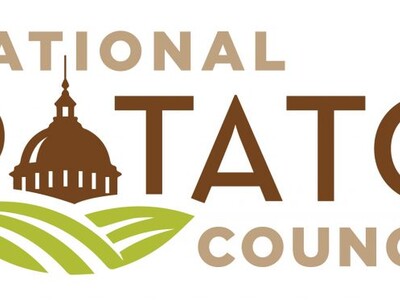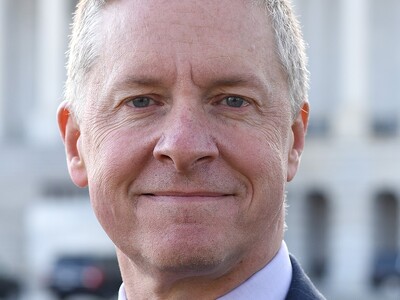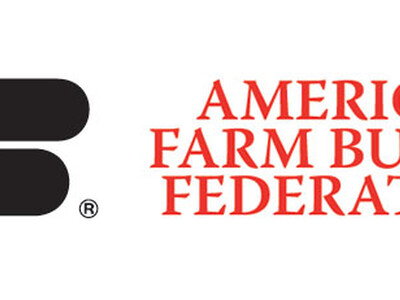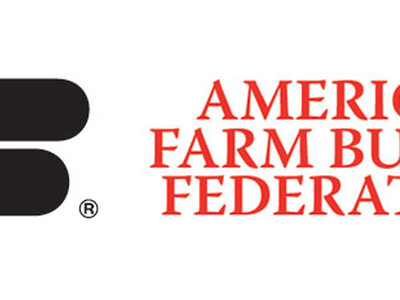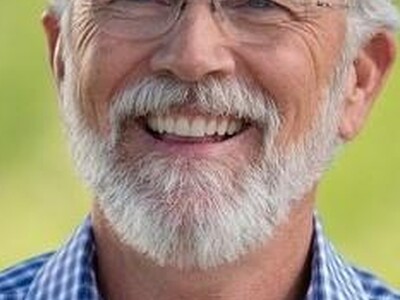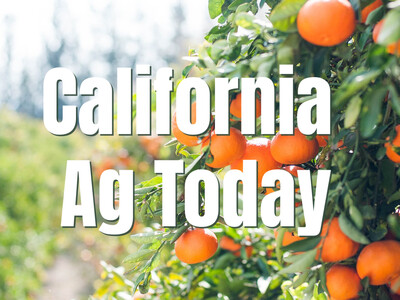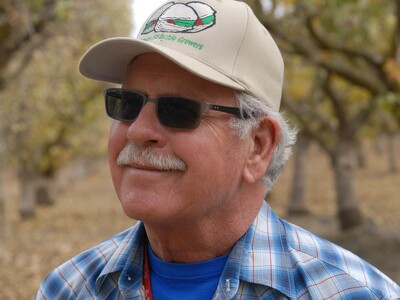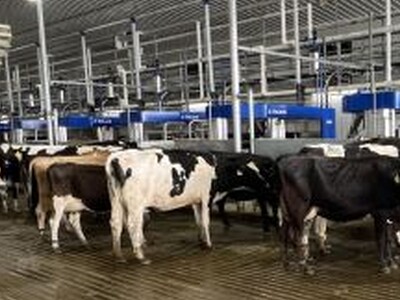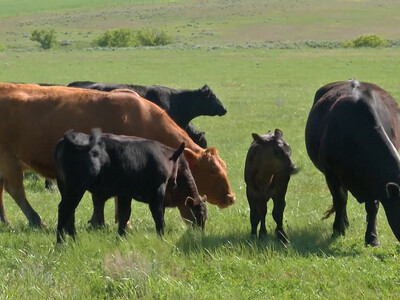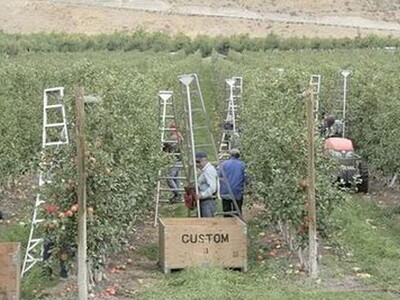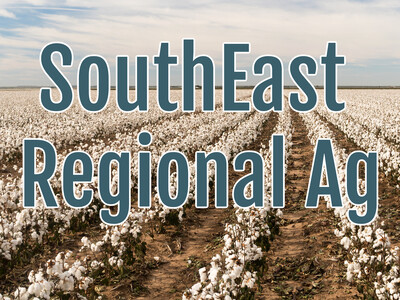ESB 6635, Fish Consumption Rates, & Labor Shortage
GREGOIRE: Thank you! (Applause)
That was the delighted response on Wednesday from Governor Gregoire and Senate supporters as the governor signed into law ESB 6635, which will extend the sales and use tax exemption to eligible data centers. This measure also extends the B&O tax exemptions for manufacturing of fruits, vegetables, dairy, and seafood, and then replaces them with a preferential B&O tax rate of 0.138 percent, as well as insuring continuation of the lease hold excise tax exemption for certain activities at ports to keep them competitive.
On May 7, 8, and 15 the Washington State Department of Ecology will be holding public workshops on possible changes to the state's fish consumption rates and how they connect with sediment cleanup decisions under the state’s Sediment Management Standards. Increased fish consumption rates could result in tougher water quality standards that could greatly affect the forestry and agriculture industries. For more information visit the DOE website.
While the beginning asparagus harvest here in the state has not been thwarted much by weather conditions, growers have had an extremely difficult time finding enough workers for harvest. The labor shortage has forced several growers to stop harvest altogether and abandon their asparagus fields. Growers say they’re not sure what has caused the worker shortage, but according to a recent Pew Hispanic Center report it could be that the net migration flow from Mexico to the U.S. has stopped and perhaps even reversed. A similar situation was experienced by apple growers last fall.
I’m Lacy Gray and that’s Washington Ag Today on the Northwest Ag Information Network.




